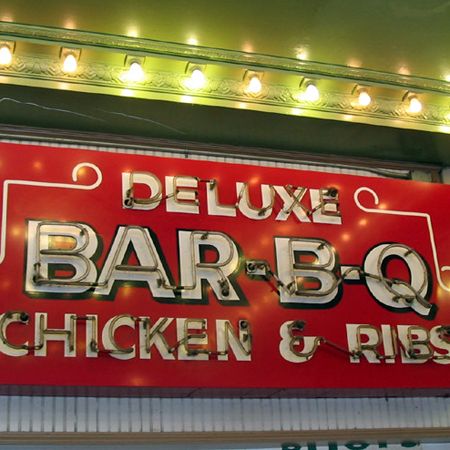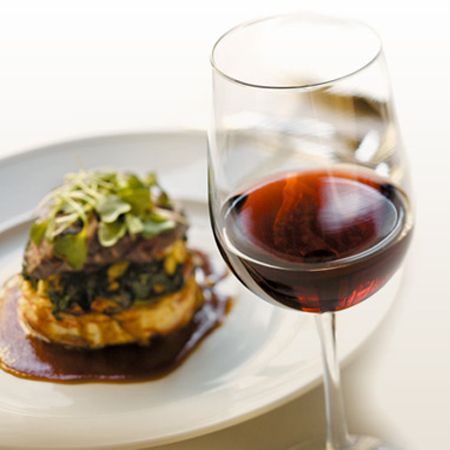The Barbecue Oral History Project

Integral to an appreciation and understanding of the diverse food cultures of the American South is the collection and preservation of the stories behind the food. The Southern Foodways Alliance’s Oral History Initiative seeks to capture stories of Southerners who grow, create, serve, and consume food and drink.
When it comes to barbecue, change is accursed. Speed is anathema. Barbecue is stalwart. Barbecue is slow. More descriptively, barbecue, as savored in the South, is usually pork that has been smoked over a hardwood-stoked pit for hours, sometimes days at a time, before being doused with sauce and served alongside a variety of dishes like potato salad, cole slaw, and baked beans. Contrary to the contentions of our northern neighbors, barbecue is a noun, not a verb. Barbecue is the end result of a time-intensive marriage of smoke, meat, sweat and sauce. Read the words from the pit masters they have visited, and you’ll understand.
Memphis Barbecue
Memphis, Tennessee, is the center of everything barbecue. This part of the barbecue oral history project was initiated to highlight just that: the long-standing tradition of smoked pork in this town on the river. Amy Evans and Joe York embarked on an adventure to document a handful of barbecue joints—legendary halls of smoke and sauce, as well as a few neighborhood secrets. What they found ended up being much more than a map of where to have lunch. They actually happened upon a little piece of hog heaven that just can’t be found anywhere else. That heaven includes the places, the pork, the signs and, of course, the sauce.
Rural Tennessee Barbecue
Memphis is the epicenter of urban barbecue, standing ribs and shoulders above all other Tennessee cities. But rural western Tennessee matters too. There, they smoke the whole hog, a tradition that is as ancient as the woods, requiring a commitment of time, smoke and sweat. Amy Evans, April Grayson and Joe York hit the road to find the pit masters who still swear by this kind of slow smoking. What follows is their documentation of a culinary tradition that, against all odds, still thrives in communities like Jack’s Creek.
RECENT POSTS IN Food and Wine Articles


